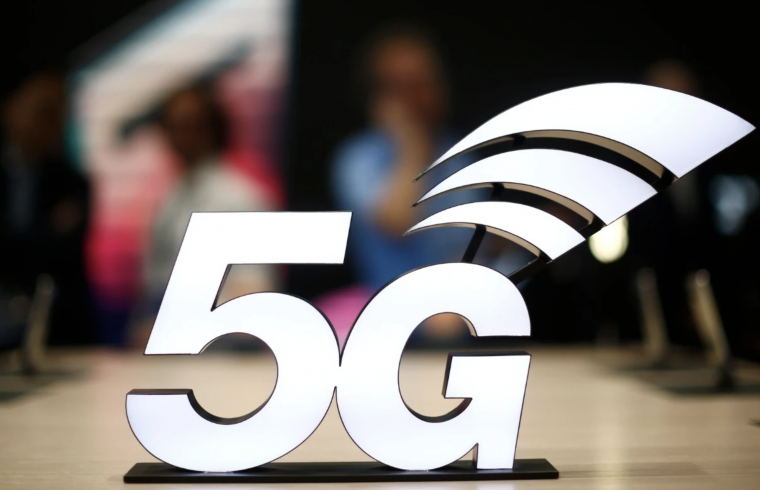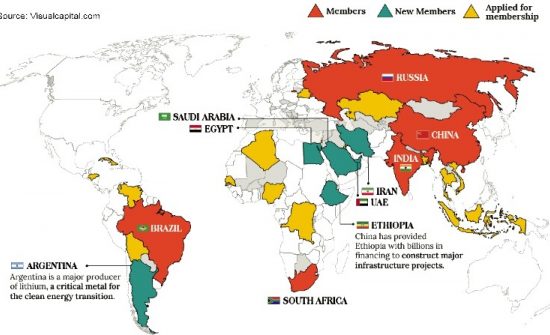Gregory Treverton and Pari Esfandiari
5G, the fifth-generation standard for broadband cellular networks, will soon appear on our phones if it hasn’t already. Its potential is stunning, faster speed and shorter latency — the gap between data receipt and transfer — which will make it possible to extend the Internet of Things (IoT) to, for instance, self-driving cars whose devices need to communicate commands in fractions of seconds. If smartphones changed our personal lives in ways we could not predict, 5G could change our societies and shape our future beyond our imaginations.
Yet the rub is that what makes 5G a dramatic improvement over 4G also makes it less secure. Those security concerns are inherent in 5G; they don’t derive just from concern that China’s Huawei will dominate the 5G market. To mix metaphors, three of 5G’s superpowers are also Achilles’ heels.










